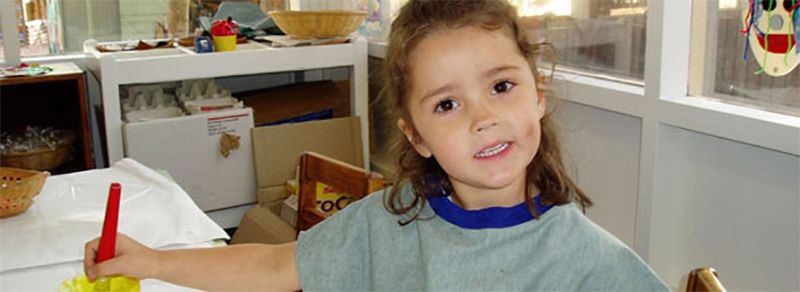
The Tulane University School of Medicine internship in child and adolescent psychology has been an integral part of the training program since its initiation in 1984. The training program offers a broad range of experiences and opportunities. This track offers concentration in clinical child and adolescent settings throughout the year to three well-qualified applicants.
Child Track interns will receive training during the training year at the Metropolitan Children and Youth Services Clinic, a community-based mental health clinic. This site provides a broad range of experiences, described under “Clinical Experiences and Training Opportunities,” below.
The Infant Mental Health area of concentration provides training at the Tulane Comprehensive Assessment and Treatment Team. This site allows for training with abused and neglected young children, ages birth to six years, and their caregivers. Specific training opportunities are described under “Clinical Experiences and Training Opportunities,” below. Two Child Track interns will be selected in this area of concentration.
To prepare the psychology intern to demonstrate knowledge regarding child and adolescent development and psychopathology.
To train the psychology intern to conduct comprehensive evaluations of children and adolescents and determine strengths and areas of concern regarding the child/adolescent's current functioning.
To train the psychology intern to develop and implement treatment plans to intervene with problematic functioning in children and adolescents, problematic parenting, and other issues that impede parents' ability to care for their children/adolescents in an effective manner.
To ensure that the psychology intern becomes proficient in documentation of services delivered to the child/adolescent, through comprehensive evaluations, treatment progress notes, and disposition and discharge/ transfer summaries.
To prepare the psychology intern to function as a member of an interdisciplinary team, and work with professionals from outside agencies in service delivery to children, adolescents, and their families.
To train the psychology intern to provide effective consultation to other professionals and educate them about psychological methods and principles.
To ensure that the psychology intern maintains professional conduct, including with patients, colleagues, peers, and supervisors and to demonstrate that the intern obtains adequate knowledge of ethical principles and State law.
To engender sensitivity to cultural and individual diversity of patients, colleagues, peers, and supervisors and others with whom they interface, and to provide culturally sensitive and responsive care.
To assist the intern in considering different models of supervision and the elements central to becoming an effective supervisor.
Faculty supervisors facilitate and monitor interns' acquisition of knowledge and skills through the following methods:
- Individual supervision at least once weekly at each training site.
- Attendance at child psychiatry grand rounds, case conferences and seminars, facilitates learning about pertinent theory, evaluation, treatment, clinical practice, and research issues in infant, child, and adolescent psychology and psychiatry.
- Direct observations of interns' evaluation and treatment sessions with infants, children, adolescents, and their caregivers (at all rotation sites) provide the opportunity for immediate supervision on issues of evaluation, therapy content, and process.
Two websites within the Tulane Health Sciences Center that might be of interest to individuals seeking the Child Track Internship are:
The Infant Institute | Child and Adolescent Psychiatry
